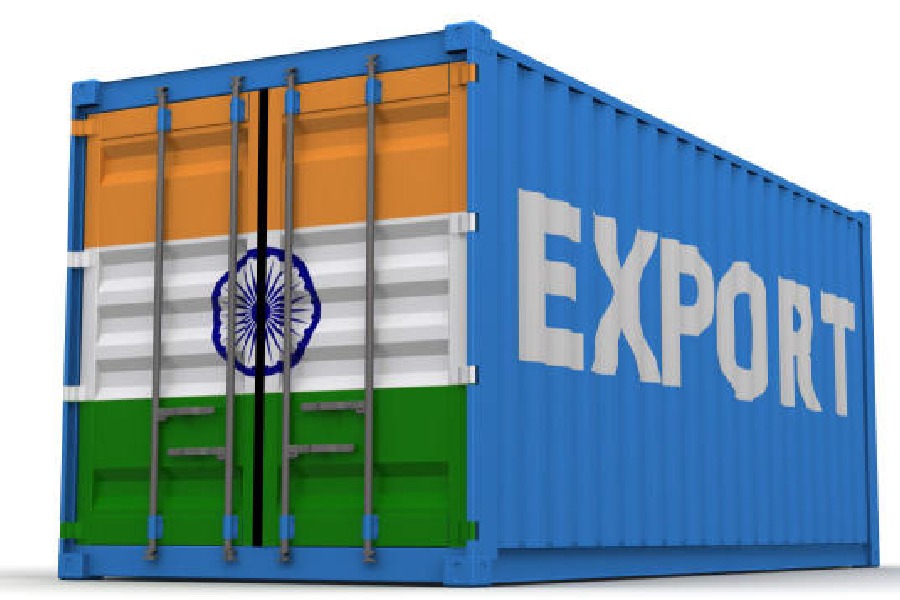India needs to act in a fast-track manner for the removal of non-trade barriers (NTBs) being faced by domestic exporters in different countries such as the US, China and Japan, to achieve a $1 trillion outbound shipment target for goods by 2030, a report by think-tank GTRI said on Tuesday.
The Global Trade Research Initiative (GTRI) has suggested a two-pronged strategy to mitigate the influence of NTBs on exports.
It asked for upgrading domestic systems, in cases where Indian products are rejected due to quality issues; and retaliating if unreasonable standards or rules continue to obstruct exports from New Delhi.
“Many of India’s exports suffer due to time taking prior registration requirements and unreasonable domestic standards/rules in many countries. India must talk to partner countries for reasonable solutions,” GTRI co-founder Ajay Srivastava said.
He added that many of India’s food and agriculture products face problems due to higher pesticide levels, presence of pests and contaminations due to foot and mouth disease.
“India must take each issue and address it in the shortest possible time,” Srivastava said adding “India’s exports are far below potential as they face NTBs in the EU (European Union), the US, China, Japan, Korea and many other countries”.
Key Indian exports that routinely face high barriers include — chillies, tea, basmati rice, milk, poultry, bovine meat, fish, chemicals products to EU; sesame seed, black tiger shrimps, medicines, apparels to Japan; food, meat, fish, dairy, industrial products to China; shrimps to the US; and bovine meat to South Korea.
According to the report, the other products which face these barriers include ceramic tiles in Egypt; chili in Mexico; medicines in Argentina; microbiological regents in Saudi Arabia; electrical, medical devices, household appliances in Brazil; veterinary pharmaceuticals, feed additives, machinery in Russia.
Most non-tariff measures (NTMs) are domestic rules created by countries with an aim to protect human, animal or plant health and environment.
NTM may be technical measures like regulations, standards, testing, certification, pre-shipment inspection or non-technical measures like quotas, import licensing, subsidies, government procurement restrictions.
When NTMs become arbitrary, beyond scientific justification, they create hurdles for trade and are called NTBs (non-tariff barriers).











